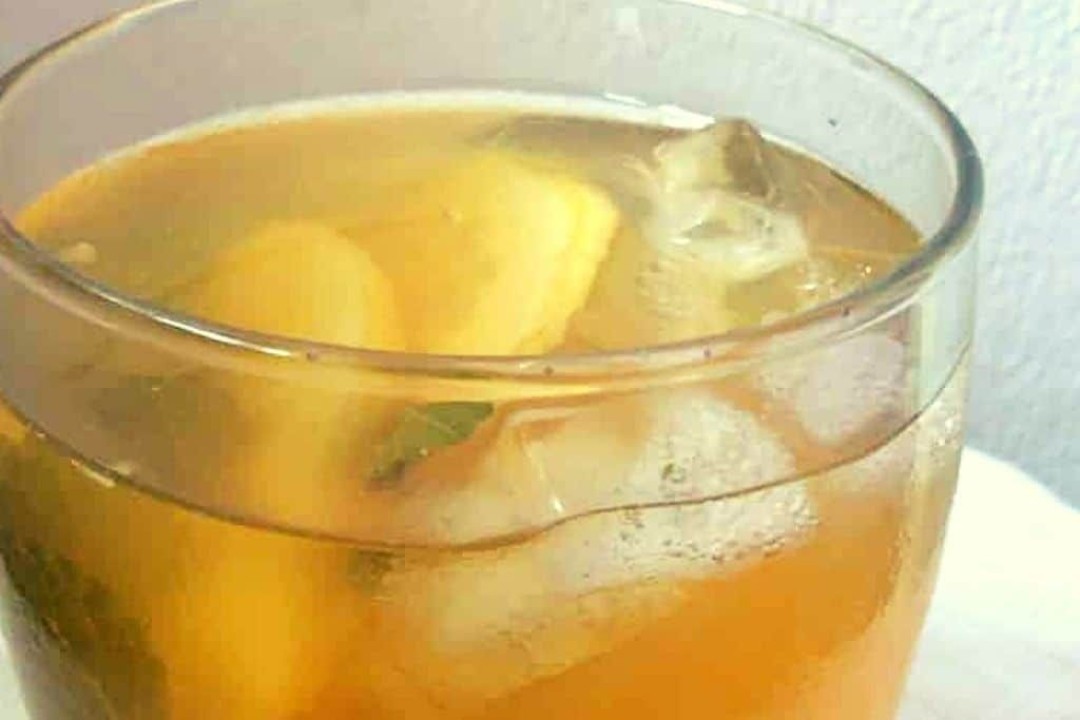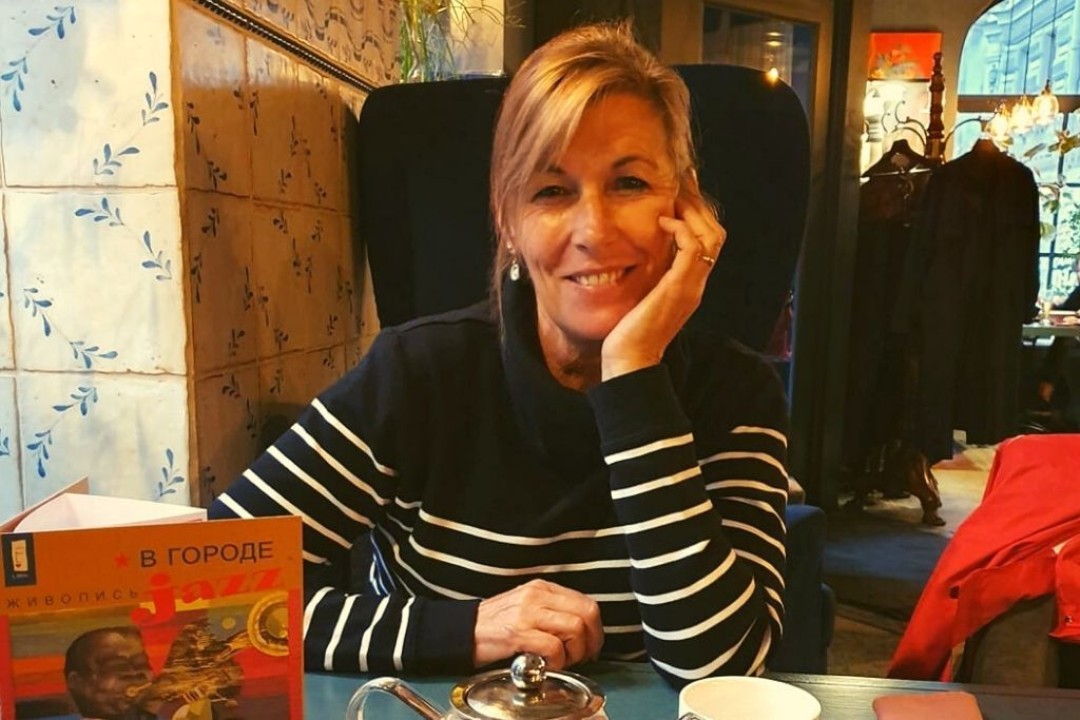What is alcoholism?
November 23rd, 2017 Guest Posts
This guest post comes from our lovely long-time member @mrwtf.
==============
“The difficulty lies not so much in developing new ideas as in escaping from old ones.” – John Maynard Keynes
Is alcoholism a disease, a made up excuse, or a symptom of something else?
I have always been uncomfortable with people claiming that alcoholism is a disease, as if a sufferer of it is unlucky and has no choices. Equally, I’m uncomfortable with people that argue that alcoholism, in effect, doesn’t exist. If drinking is hurting you, just don’t drink, they would argue. No excuses. Simple!
How can both of these positions be wrong? Let’s deal with them one by one.
A little kid who has leukemia has a disease. There is absolutely nothing the kid did to cause it and there is nothing they can directly do to get rid of it. All we can do is offer empathy and support – we wouldn’t dream of giving lectures about choices and self determination. The poor kid just got real unlucky.
Alcoholism cannot be placed in the same category. The truth – the uncomfortable truth – is that alcoholism involves a long string of choices, no matter how compromised many of them will be, which puts it in a totally different category to leukemia.
An alcoholic – at least theoretically – can Just Not Drink Alcohol.
The kid with leukemia can swap hamburgers for turnips and soft drinks for milk and nothing will make a difference. No direct choice they have made caused the leukemia, and no direct choice they make can stop it.
While it is impossible for an alcoholic to feel this at the time, they actually have a lot of power. They are directly responsible for ingesting the thing that is killing them, which means they can stop ingesting it. However, if you talk to an alcoholic near rock bottom, “power” is not the first word that comes to mind.
Which takes us to the second position – that alcoholism, in effect, doesn’t exist, because drinking is a choice and you can make different choices.
I guess this one is technically true, but it totally misses the power of conditioning, or what I like to call the slippery slope.
While an alcoholic has a choice with regards whether or not to drink, the cumulative impact of all previous choices leads to a mindset where it becomes very hard to choose anything but the status quo.
I assume, dear reader, that you are wearing clothes as you read this? I also assume, unless Living Sober is read at the local nudist colony, that you wear clothes every other day too.
Well, wearing clothes is a choice. It may not feel like a choice, Winter might not be a barrel of laughs without clothes and I’d probably be avoiding the queue at a nudist McDonald’s, but wearing clothes is a choice. You likely don’t consider it a choice, as you have become totally conditioned to making the same choice repeatedly.
“A-ha!” I hear the local smartarse say. “Your argument is flawed because the Government makes us wear clothes. We’d be arrested for indecent exposure if we didn’t wear clothes”.
Oh local smartarse, I was so hoping you were going to say that.
To placate the local smartarse, let’s go the next step and pretend that the Government has made clothes illegal, starting next Monday. This makes things even simpler – the choice has been taken away, the Government have decreed it so, and everyone else has to do the same thing as you. So, how hard a change will it really be?
All you have to do is….. the exact opposite of what you’ve always done.
I don’t know about you, but I am guessing I would feel insecure, shy, nervous, apprehensive, untrusting, unwelcoming and…. very, very naked and exposed. Which is interesting, because that is pretty much word for word how I felt when I first got sober.
While the “Alcohol is a choice!” crowd are absolutely correct technically, it is really, really hard to start making the exact opposite choice to that which you’ve always made in the past.
So, where are we?
If I don’t regard alcoholism as being a disease or as a fake made up excuse, that leaves it being a symptom of something else.
It was definitely that for me.
Is it really a good sign that somebody wants to pass out each day? If somebody ensures any social contact they have needs to begin with them already tipsy or drunk, could this perhaps be a sign of something else being wrong? Do happy people really commit slow motion suicide via bottle?
The best thing about getting sober, for me anyway, is that you figure out that you were using the alcohol to shield yourself from the world and for the first time, you now get to face up to the world, real and authentic.
The worst thing about getting sober, for me anyway, is that your shield is gone, and it turns out that all you really shielded yourself from is personal growth and you’re pretty much frozen in time twenty five years younger than you are.
Lest that sound like a reason not to get sober, there is an old Chinese proverb that says that the best time to plant a tree is twenty years ago. The second best time is today.
Drunk folk probably shouldn’t plant trees.
It all starts with getting sober.
Continue reading
Divine Intervention
This guest post comes from Katrina Tanirau, a journalist living in Matamata.
September 18, 2016
Sober Story: Cheryl
This week’s Sober Story comes from Cheryl (@Elsa1202), a 56-year-old living in Taupo.
August 1, 2020
Sober Story: Sadie
"I have so much more time, as before I was constantly thinking about my next drink, when I could have my next drink, how I was going to hide my next drink."
January 7, 2024


